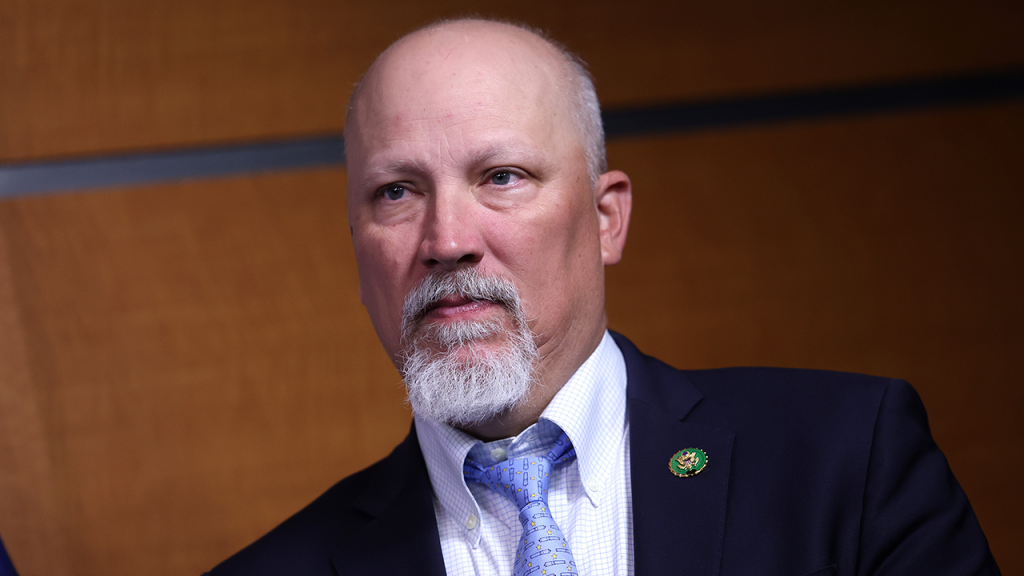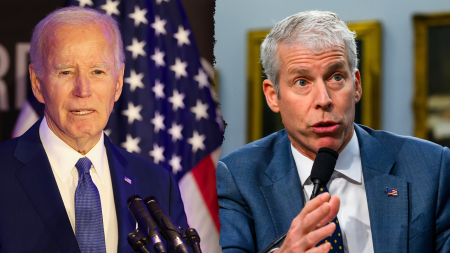Rep. Chip Roy’s bid for the chairmanship of the House Rules Committee presents a compelling narrative of a potential transformation from a rebellious outsider to a powerful insider within the Republican Party. His journey, marked by vocal criticism of leadership juxtaposed with recent efforts to bridge divides within the party, underscores the complexities of navigating the political landscape in the modern House of Representatives. The Rules Committee, a crucial gatekeeper for legislation reaching the House floor, holds significant power over the legislative process, making the chairmanship a coveted position. Roy’s pursuit of this role reflects his ambition and the potential for a shift in his political trajectory.
Roy’s initial entry into the House Rules Committee was a result of a negotiated agreement with former Speaker Kevin McCarthy, aimed at increasing conservative representation within the committee’s ranks. This appointment was part of a broader compromise to secure McCarthy’s speakership, highlighting Roy’s growing influence within the Republican caucus. While Roy had been a vocal critic of McCarthy on issues like government spending, he notably did not participate in the eight Republicans’ vote to oust McCarthy, further demonstrating a complex relationship with party leadership. His skepticism towards the ouster suggests a developing pragmatism and a willingness to work within the existing power structures, even as he maintained his conservative principles.
The House Rules Committee wields immense power by shaping the terms of debate for bills and determining which amendments will be considered before a full House vote. This “gatekeeper” function effectively controls the legislative agenda, making the committee chair a significant player in shaping policy. Roy’s past votes against certain House rules, however, present a potential obstacle to his chairmanship aspirations. These votes could raise concerns among some colleagues about his commitment to supporting leadership’s legislative priorities. Nevertheless, Roy has garnered endorsements from fellow Republicans, signaling a level of support within the caucus that recognizes his legislative acumen and potential to bridge divides.
Roy’s potential chairmanship represents a fascinating paradox. His history of challenging leadership positions him as an unlikely candidate for a role that traditionally requires close alignment with the Speaker. Yet, his recent efforts to mediate between GOP leaders and more rebellious members of the caucus suggest a capacity to build consensus and navigate complex political dynamics. This evolving role as a conduit between factions within the party could be seen as a valuable asset in a leadership position, particularly given the current polarized political climate. The question remains whether his past criticisms of leadership and votes against House rules will outweigh his more recent efforts at building bridges within the party.
The selection process for the Rules Committee chair further complicates Roy’s bid. Unlike other committees where chairpersons are chosen by a broader group of lawmakers, the Speaker has sole authority to appoint the Rules Committee chair. This dynamic underscores the importance of a strong working relationship between the Speaker and the chair, as the Speaker can remove and replace the chair at will. This power dynamic emphasizes the need for the chair to be aligned with the Speaker’s legislative agenda, raising questions about Roy’s suitability given his history of challenging leadership. Despite endorsements from some colleagues, skepticism remains among others, who question his trustworthiness in such a pivotal role.
The competition for the chairmanship adds another layer of intrigue. Rep. Virginia Foxx, a seasoned lawmaker and current chair of the House Education and Workforce Committee, is also rumored to be vying for the position. Foxx’s extensive legislative experience and established relationship with leadership could present a formidable challenge to Roy’s bid. The Speaker’s ultimate decision will likely hinge on a variety of factors, including the candidates’ legislative experience, their ability to manage the complex rules process, and their perceived loyalty to the Speaker’s agenda. The outcome of this competition will significantly impact the direction of the House and its legislative priorities in the coming years.










